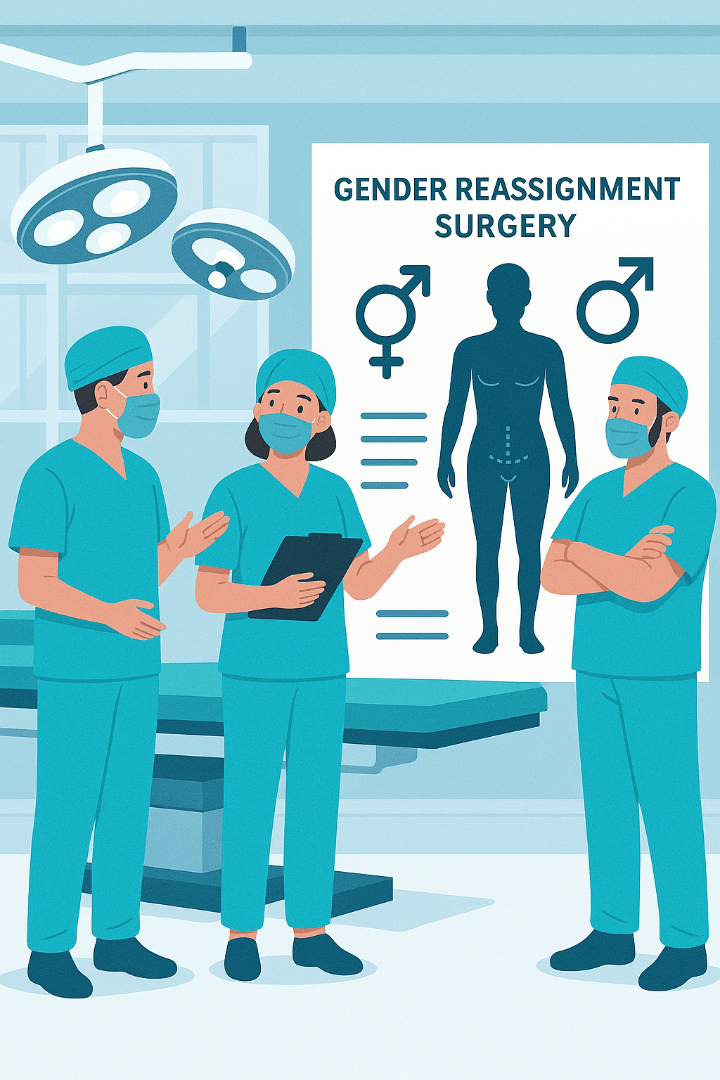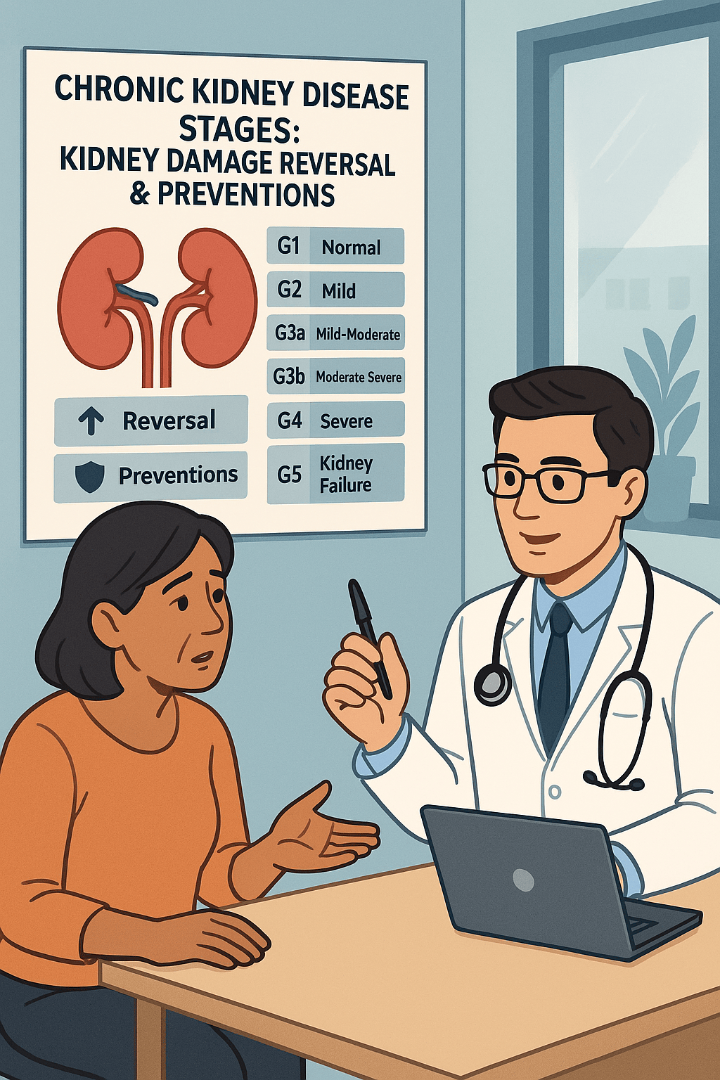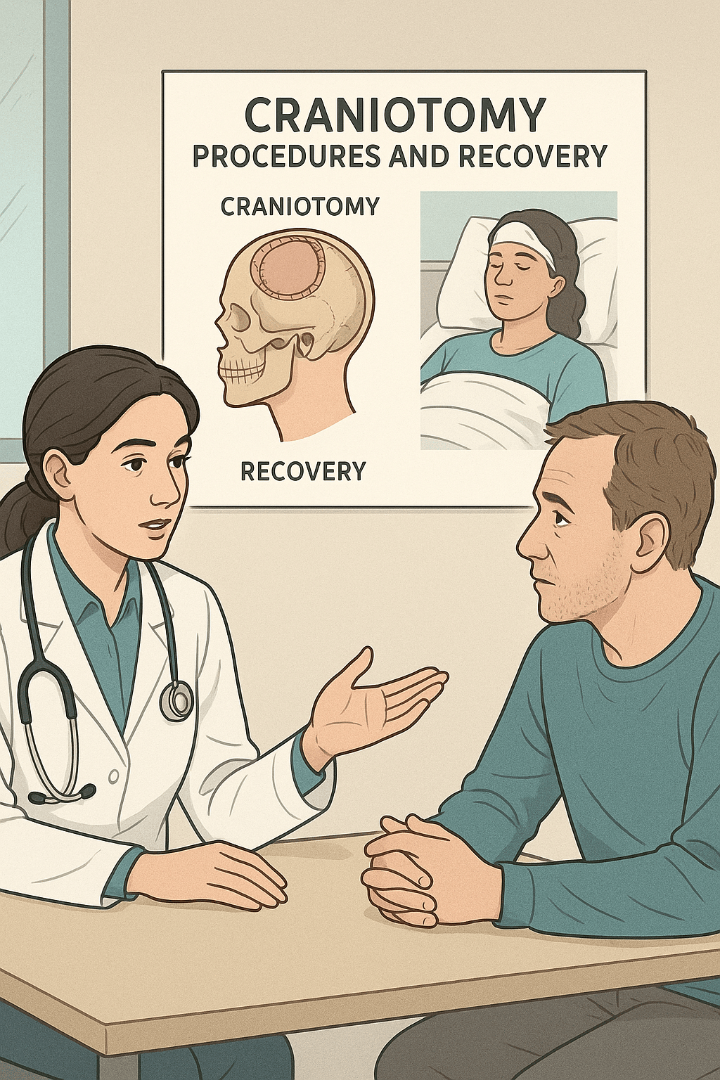What is Gastric Bypass Surgery?
Gastric bypass surgery, also known as Roux-en-Y gastric bypass, is a type of bariatric surgery aimed at aiding weight loss by changing how the stomach and small intestine handle food. After the surgery, the stomach is smaller, so patients feel full with less food, and the body absorbs fewer calories.
Ideal candidates are those with a BMI over 40, or over 35 with obesity-related health conditions like type 2 diabetes or hypertension. There are two main types:
- Roux-en-Y Gastric Bypass (most common)
- Mini Gastric Bypass
Each has its own surgical approach and health benefits.
What Type of Procedure is Gastric Bypass?
Gastric bypass is generally performed as a minimally invasive laparoscopic surgery:
- Procedure Type: Laparoscopic (keyhole) or robotic-assisted surgery
- Duration: 2 to 3 hours
- Hospitalization: 3 to 5 days
- Anesthesia: General anesthesia
- Incisions: Small cuts (5–6 ports) instead of one large incision
Minimally invasive techniques reduce pain, scarring, and recovery time.
Why Is Gastric Bypass Surgery Needed?
Gastric bypass surgery is necessary for individuals who are severely obese and have not achieved sustained weight loss through diet, exercise, or medication:
- Obesity: BMI ≥ 40 or BMI ≥ 35 with co-morbidities
- Type 2 Diabetes: Helps in remission or complete resolution
- Sleep Apnea: Improves or eliminates symptoms
- Joint Pain & Mobility Issues: Reduced stress on joints post-weight loss
- Heart Disease & Hypertension: Reduced risks post-surgery
What Are the Advantages of Gastric Bypass Surgery?
Gastric bypass surgery offers numerous short- and long-term benefits:
- Rapid Weight Loss: Significant weight reduction within 6–12 months
- Improved Health: Better control or remission of diabetes, hypertension, and sleep apnea
- Improved Mobility: Relief from joint pain and physical limitations
- Lower Medication Dependency: Many patients reduce or stop medications
- Long-Term Results: Sustained weight loss with proper lifestyle changes
What is the Treatment Protocol for Gastric Bypass Surgery in India?
The treatment protocol for gastric bypass surgery in India is comprehensive and streamlined to ensure safety and effectiveness:
- Pre-operative Evaluation: Includes blood tests, ECG, chest X-ray, endoscopy, and consultation with a nutritionist.
- Pre-surgery Diet: Patients are often advised a liquid or low-carb diet 1–2 weeks prior to surgery to reduce liver size.
- Surgical Procedure: Usually done laparoscopically under general anesthesia, taking 2–3 hours. Some hospitals also offer robotic-assisted surgery.
- Hospital Stay: Patients typically stay for 3–5 days post-surgery for monitoring and recovery.
- Post-operative Care: Includes pain management, antibiotics, and dietary instructions.
- Recovery Plan: Gradual reintroduction of food in stages — clear liquids, full liquids, pureed food, soft food, and finally solid food over several weeks.
- Follow-up Visits: Necessary at 1 week, 1 month, 3 months, 6 months, and 1 year to monitor progress











